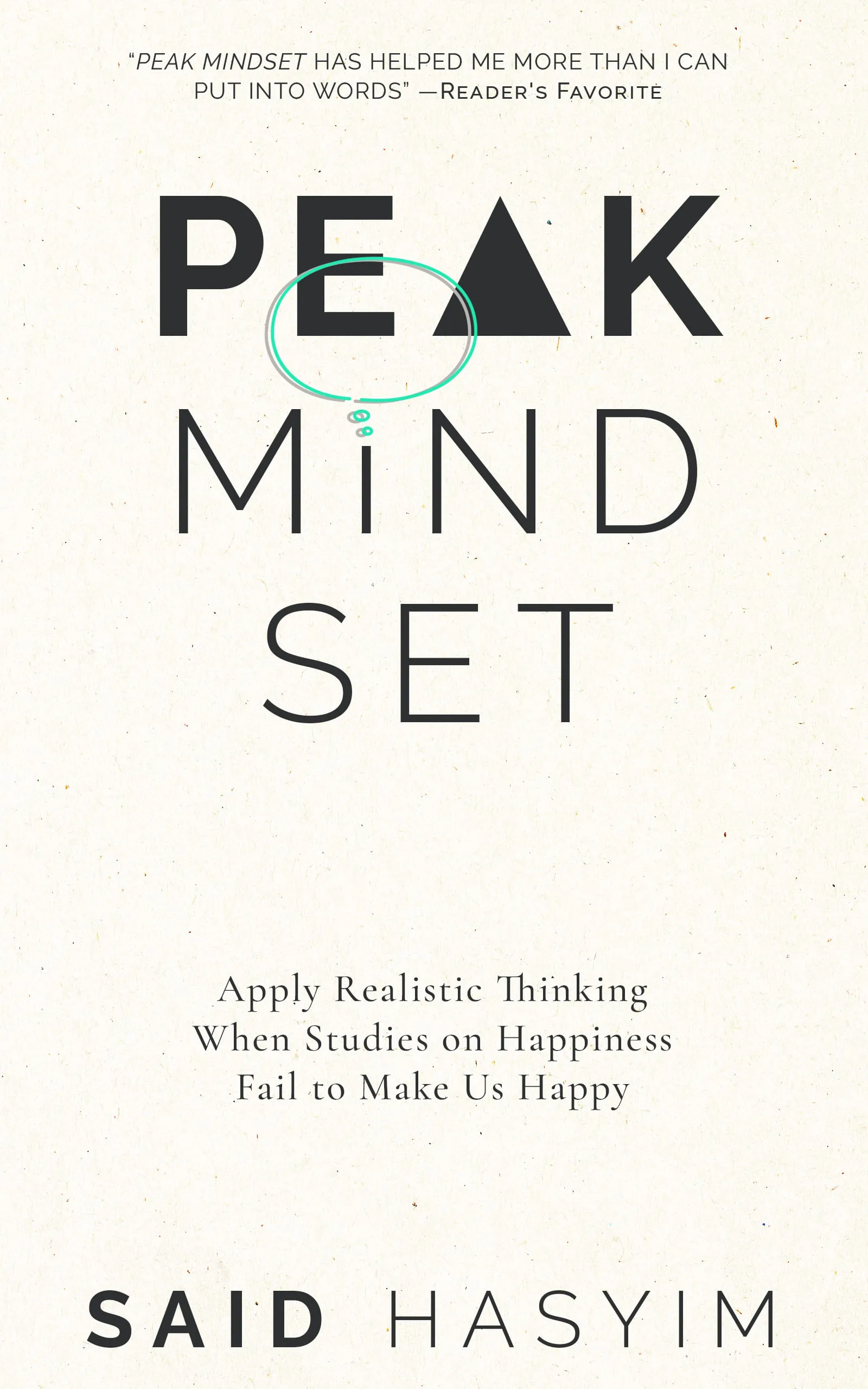How Realist Views Contribute to Well-Being
In a world where optimism and positivity are often celebrated as the keys to happiness, it can be easy to overlook the valuable contributions of realism. A realist perspective, which involves seeing the world and one’s circumstances as they are, rather than through a rose-colored lens, can notably enhance individual well-being. This blog post will explore how adopting a realist view can contribute to emotional health, resilience, decision-making, and overall quality of life.
Understanding Realism
Realism is a philosophical viewpoint that emphasizes a truthful and practical approach to significant matters in life. It encourages individuals to acknowledge their thoughts, feelings, and situations without indulging in denial or excessive optimism. Realism does not imply pessimism; rather, it is a balanced recognition of both positive and negative aspects of experiences.
The Role of Realism in Emotional Health
1. Acknowledgment of Reality
Realists accept reality for what it is. This acceptance can lead to deeper emotional health as it allows individuals to process their feelings in a genuine manner. For instance, acknowledging grief helps individuals to navigate the grieving process, leading to healing rather than prolonged denial or distress. When we acknowledge our feelings honestly, we create room for processing them effectively, rather than burying them or sweeping them under the rug.
2. Reduction of Anxiety and Stress
An overly optimistic worldview can often lead to disappointment, as expectations may not align with reality. Conversely, a realist perspective prepares individuals for potential challenges and setbacks. By realistically assessing situations and identifying possible obstacles, people can develop more effective coping strategies, which ultimately reduces anxiety and stress levels. Having a clearer view of what to expect can make life's uncertainties feel less overwhelming.
Resilience and Realism
1. Building Stronger Coping Mechanisms
Resilience is the capacity to recover from difficulties and adapt to adversity. A realist view fosters resilience by encouraging individuals to face challenges head-on rather than avoiding them. Understanding the reality of difficult situations helps in developing practical solutions, enabling individuals to bounce back more effectively. Realists are grounded in reality, which assists them in crafting strategies for overcoming life’s hurdles, thus reinforcing their ability to persevere.
2. Emphasizing Adaptability
Realists often cultivate adaptability in the face of change. They assess situations critically and recognize when adjustments need to be made. This flexibility is vital for navigating life’s uncertainties, including changes in personal circumstances or societal shifts. The ability to pivot and adjust plans ensures that realists can manage transitions more smoothly, maintaining their well-being despite changing circumstances.
Decision-Making and Problem-Solving
1. Informed Choices
A realist approach presents an individual with clearer insights and a more accurate understanding of situations. This clarity supports better decision-making, as realists tend to analyze choices based on factual circumstances and anticipated outcomes rather than wishful thinking. Informed decisions lead to increased satisfaction and a greater sense of control over one’s life, both of which positively impact well-being.
2. Anticipating Consequences
Realists are adept at considering potential outcomes of their decisions. This ability to foresee consequences allows them to navigate risks intelligently. By evaluating all sides of a situation, including worst-case scenarios, individuals can make preparations and create contingency plans. Knowing that they are ready for various outcomes contributes to peace of mind, further enhancing overall well-being.
Quality of Life Improvement
1. Fostering Realistic Optimism
While realism does not necessarily promote unyielding pessimism, it does allow for “realistic optimism.” This concept is the idea of fostering an optimistic outlook based on a foundation of realistic assessments. It encourages individuals to remain hopeful while being conscious of potential hurdles. This balance can lead to enhanced motivation and satisfaction with life because it involves setting achievable goals and celebrating progress without being blind to challenges.
2. Enhancing Relationships
Realism also plays a pivotal role in interpersonal relationships. By adopting a realist perspective, individuals can communicate more effectively and build stronger connections with others. Open acknowledgment of feelings, expectations, and issues leads to authentic connections. Healthy relationships are often founded on mutual understanding, where both parties appreciate each other’s perspectives without unrealistic expectations.
Conclusion
Adopting a realist perspective might initially seem counterintuitive in a culture that often prefers the brightness of optimism. However, embracing realism can serve as a powerful mechanism for enhancing well-being. Through emotional health, resilience, informed decision-making, and improved quality of life, realism lays the foundation for a life that is authentic, grounded, and fulfilling.
By recognizing that truth doesn’t have to be bleak and that acknowledging reality can pave the way for personal growth, individuals can appreciate the profound benefits of realism. Ultimately, building a well-rounded and nuanced view of life enhances our capacity to thrive in a complex world.
Leverage Your Mindset for a Fulfilling Life
Explore Peak Mindset, a book to leveraging your subconscious for a more fulfilling life. Gain insights into realistic thinking, money management, and stress resilience to make informed decisions. Discover pitfalls in conventional happiness advice and practical strategies for self-transformation. Unlock your potential and enhance your overall satisfaction.
